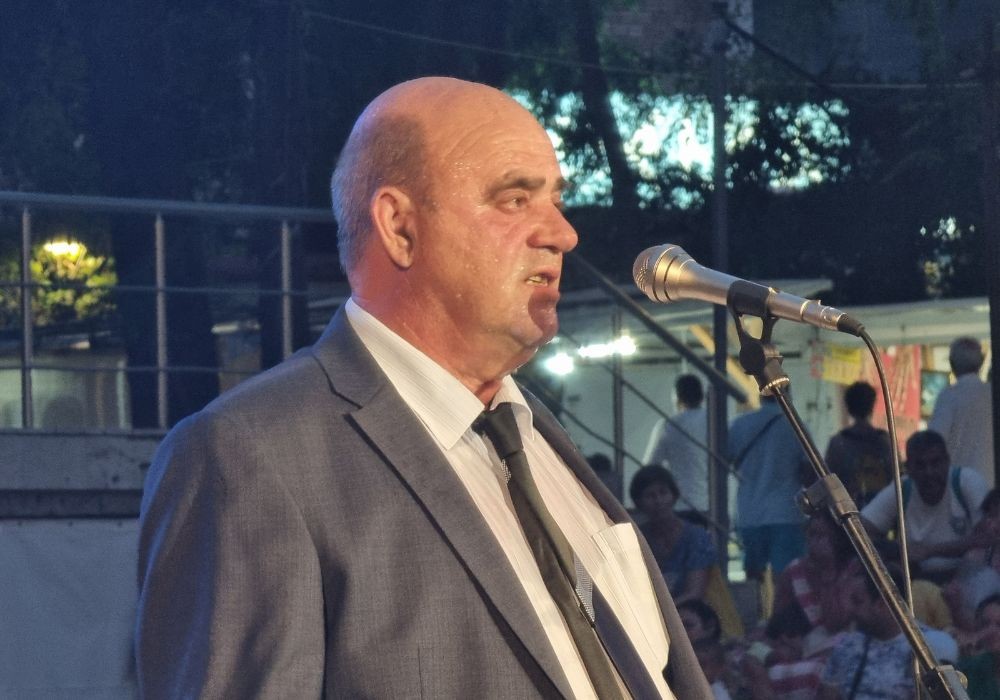Archaeologists have explored a necropolis in the Kavatsi area near Sozopol. The perimeter in which it is located is part of the history of Apollonia Pontica and is dated to the 4th century BC. "This is a site with interesting burials in which a nuance of Thracian religious ritual is found. We discovered the first ritually buried horse in the Apollonia necropolis and the first tomb inscription with Thracian names. Of course, all the details of the cult of the dead are also present", Sozopol Archaeological Museum’s director Dimitar Nedev told BNR-Burgas.
 He also announced that the archaeological works near the old town of Sozopol have been completed. The Roman level reached by the archaeologists has uncovered necropolises and remarkable artifacts, such as a funerary stele depicting a dancing man with a dog, likely representing a noble resident of Apollonia. Other finds include lead sling weights, bronze arrows and 22 silver scyphate coins. Among the discoveries are also valuable painted ceramic vessels, which were expensive and luxurious for their time.
He also announced that the archaeological works near the old town of Sozopol have been completed. The Roman level reached by the archaeologists has uncovered necropolises and remarkable artifacts, such as a funerary stele depicting a dancing man with a dog, likely representing a noble resident of Apollonia. Other finds include lead sling weights, bronze arrows and 22 silver scyphate coins. Among the discoveries are also valuable painted ceramic vessels, which were expensive and luxurious for their time.
Scientists are adamant that wealthy and prominent individuals lived in Apollonia Pontica, as similar artifacts have been uncovered in the other 60 graves from the 4th century BC near the Kavatsi area. An anthropological analysis of the remains is yet to be conducted, which will provide more information about their history.
Photos: BGNES: BTAIn today’s world, where material values overshadow the spiritual, reflections on the salvation of souls somehow remain in the background. The constant race against time and the stream of daily tasks muffle the voice of the soul, which struggles to..
In 1018, after half a century of struggle, the First Bulgarian Empire was conquered by Byzantium. Despite the many uprisings of the Bulgarians, the power of Constantinople lasted for nearly two centuries. In the autumn of 1185 or the..
On 19 October, Bulgarians commemorate St Ivan Rilski, also known as St John of Rila, who is considered the country’s heavenly protector. He founded the Rila Monastery, which is the largest and most influential spiritual centre in Bulgaria. Ivan..

+359 2 9336 661
